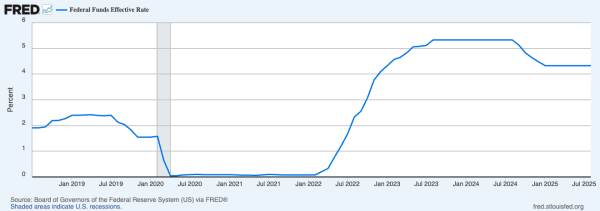It’s Time to End the Tyranny of Summer Homework
As we race out the door to the exciting destinations that our summer will take us, the joy that comes from our new found freedom from school for ten weeks is diluted by the fact that we are not really free from school for ten weeks. We’ll never be free from school, or at least not until we graduate, because of the Beachwood School District’s sick affinity for summer homework starting the summer before third grade.
In high school, especially before junior and senior years, I find it incredibly unfair to assign summer homework. Now I understand that teachers might think students aren’t stressed enough during the year (we are getting multiple hours of sleep, after all, and we do smile from time to time), but many students fill their last two summers with jobs, internships, volunteer projects or other activities to make their college application stand out.
According to a 2012 TIME magazine article by Erika Christakis, “A study of 4-H camp counselors in Ohio showed increased leadership skills and improved motivation to stay in school and plan for the future.”
Homework does the opposite–it decreases motivation, so why would any half-decent educator waste his or her students’ time with homework when they could be campers, volunteers, or workers, learning skills that prepare them for college and adult life?
“The camp-counselor experience prepares successful young adults through teamwork, empathy, cross-cultural understanding, ability to work with subordinates and superiors, creativity, working under pressure and managing with limited resources,” Christakis wrote.
All these skills are incredibly useful in any career. As a day camp counselor, I can promise you that I learned far more from taking care of the every need of a sizable group of preteens from 9 a.m. to 4 p.m. for eight weeks than I learned from the summer homework of three AP classes. And what skills I did learn from camp, including patience and how to get to the bottom of a multi-person conflict, will be very important later in my life, but never in the future will someone ask me where Thoreau went to college (which was a question on the AP Language summer reading test).
A teacher might claim that if students manage their time effectively, homework shouldn’t be a burden–they only assigned a few chapters and some questions or one novel and a short essay. However, that’s just for one class. When you take four AP classes, all that homework adds up. Because all English classes and a few honors and even regular classes assign homework, a student could conceivably get homework in five subjects over the summer, even if only two classes are APs.
The New York Times reports that a Duke University “review of more than 175 studies [found that] there is little or no correlation between homework and standardized test scores or long-term achievement in elementary schools and…a moderate correlation in middle school.” So what’s the purpose?
Proponents of summer homework claim it takes several weeks to make up what students lose over the summer, but if it takes that long to re-teach those skills, they obviously weren’t taught very well in the first place. Much of the summer homework assigned does not actually reinforce skills learned in the past year; it’s more time-consuming than it is meaningful and the learning objectives are often unclear. Furthermore, the overabundance of homework decreases motivation to continue working diligently during the year, thereby lowering the overall quality of students’ work. The average high school student today has the stress level of a psychiatric patient in the 1950s. Let’s try to help students to feel like 1950s psych ward patients only nine and a half months out of the year instead of all 12.
According to the American Psychological Association (APA), “83% [of teens] report that school is a somewhat or significant source of stress, and 10% of teens report receiving lower grades than they are capable of because of stress.” By this rationale, the overabundance of homework at any point in the year has far more harms than benefits.
Losing valuable vacation time isn’t the only hardship that summer assignments have wrought upon students. It’s part of a bigger trend which includes the diminishment of childhood in the face of constant competition among high schools to get their students into the best colleges by forcing upon them more APs (which bring more homework) and more intense extracurricular activities.
Summer assignments are all too common in suburban Cleveland schools. If some of the highest-performing schools in the area, such as Hudson and Orange, assign summer homework, at the same time as lower-performing schools, like Brush and Warrensville, the effects are clearly negligible if present.
Summer, theoretically, is the only chance we have to relax (and recover), which is completely necessary if we’re expected to work our hardest during the year. Winter break is tainted by the looming threat of finals, and spring break is rarely homework-free either, meaning we literally have homework from before freshman year even starts until we leave as seniors. When summer homework offers such negligible benefits, why should mountains of assignments ruin our summer?













